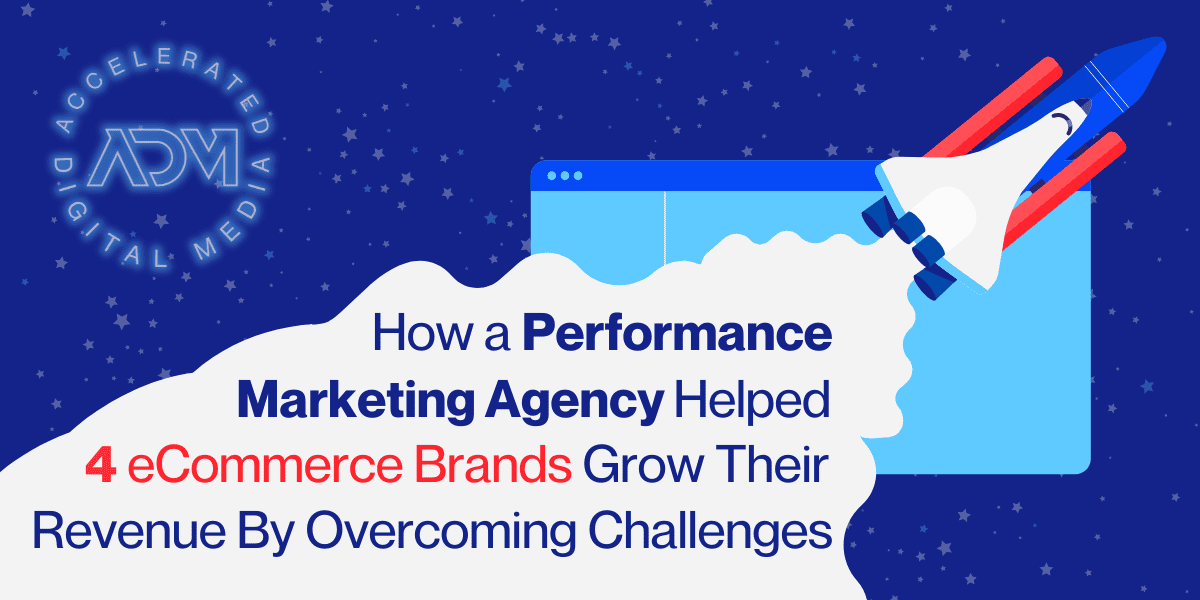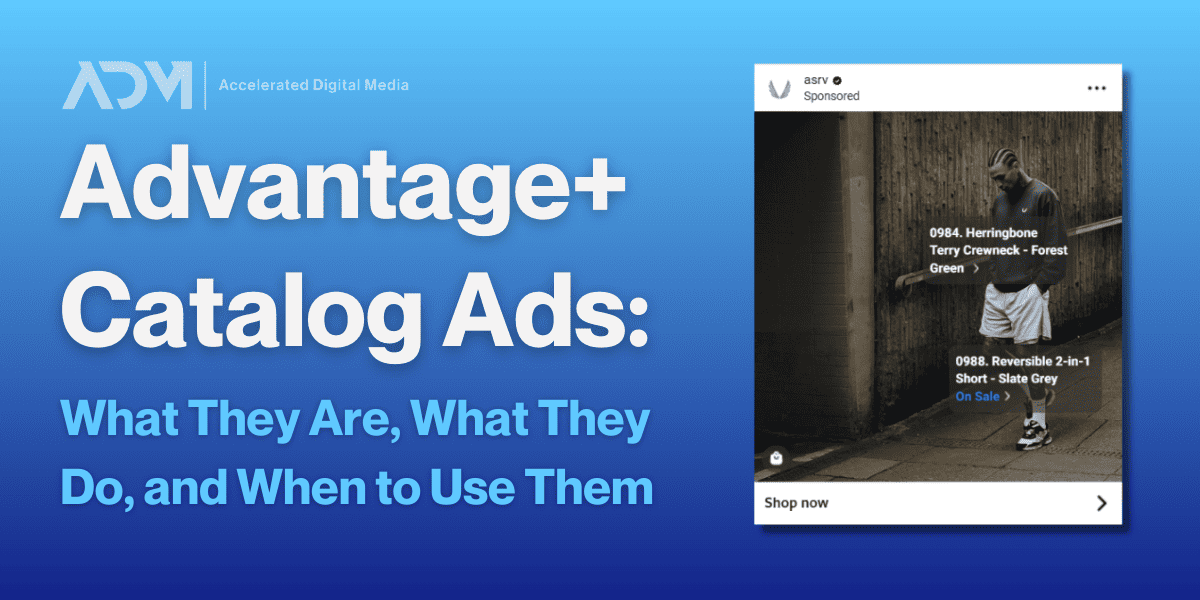What is a cookie?
A cookie is a piece of information from a website that is saved in a web browser for subsequent retrieval by the website. Depending on what the website intends to track, cookies can save a wide variety of data.
Are cookies bad?
Cookies aren’t intrinsically terrible, and in many respects, they’re rather useful. They can facilitate processes and help you have a more customized experience. After all, the auto-fill feature is pretty useful. Therefore, there is nothing improper with enabling cookies on reputable websites. But, deciding where and how to draw the line with cookies is quite challenging.
The primary concern people have with cookies is protecting their personally identifiable information because not all cookies are created equal, nor with the same functionality in mind.
First party vs third party cookie
The main issue isn’t when websites use cookies to remember your form fields items or to remember the items in your cart, the issue is tracking the user across multiple domains. Third-party cookies track users across multiple domains. These are the cookies that some people take issue with.
First party cookies, on the other hand, track users in the domain they are currently visiting and tend to keep that information for use only in that domain. This is why first party cookies are considered more acceptable than third party cookies.
Third party cookie deprecation by Google
Google originally planned to deprecate third party cookies in chrome in 2022. The deadline has been pushed as it was recently announced by Google. The simple reason provided by Google for the push back is to allow enough time to test the Privacy Sandbox APIs (an initiative by Google to deplete third party cookies, cross-site tracking, fingerprinting etc).
Given that this is the second delay by Google, it is unclear how marketers will be affected by Chrome’s deprecation of third-party cookies or how well the Privacy Sandbox will target certain customers. What this means to advertisers, agencies, publishers and ad tech companies is that there is still some work to be done in achieving a completely cookieless environment.
What does this mean for GA4?
GA4, on the brighter side, uses first-party data and cookie-less signals to provide a reliable and trustworthy data source. This allows google analytics to remain compliant with various data privacy laws such as GDPR. Google Analytics 4 is designed to use machine learning and other protocols to fill in data gaps expected by third-party cookie deprecation and other privacy laws.
Reach out to ADM with GA4 Questions
Our Director of Measurement, Isaac Uloko, published this crash course on web cookies shedding light on Google’s shift to GA4. Isaac supported the build of Universal Analytics from within Google and is now GA4 certified. Behind his leadership, ADM has successfully implemented, audited, and built custom reports within GA4 for a number of companies. If you haven’t already successfully implemented Google’s most recent iteration of their web traffic software, it’s time to do so! Reach out to us with any GA4 questions.
“Given the current economic uncertainty, it is especially important to optimize the impact of every marketing and advertising spend. Marketers should be asking themselves if their investments are addressable, accountable and measurable. Those who are making progress on their cookieless futures and negotiating based on business outcomes, rather than traditional reach and awareness metrics, can ensure media dollars are working harder than ever before.”
Travis Clinger, LiveRamp




